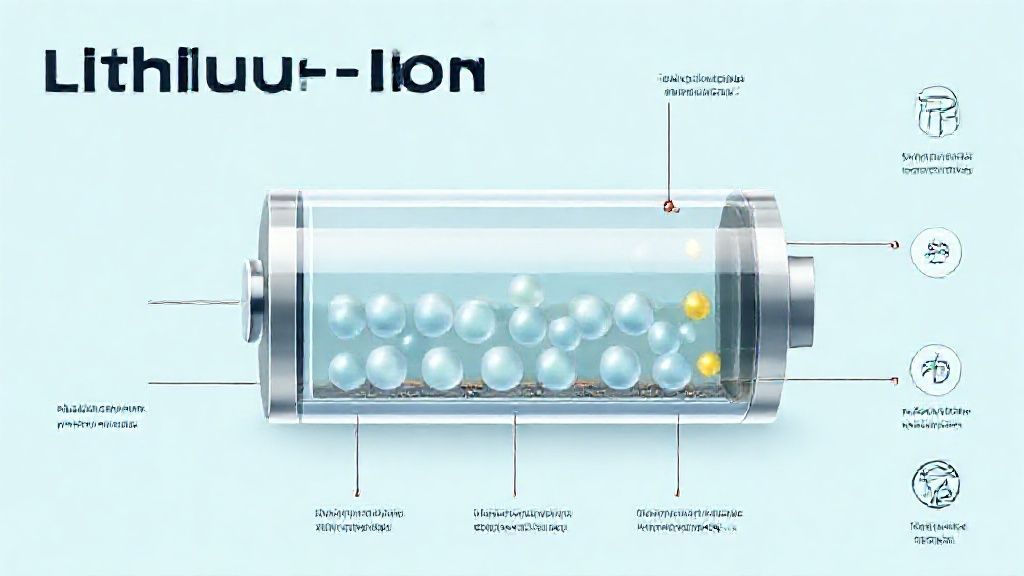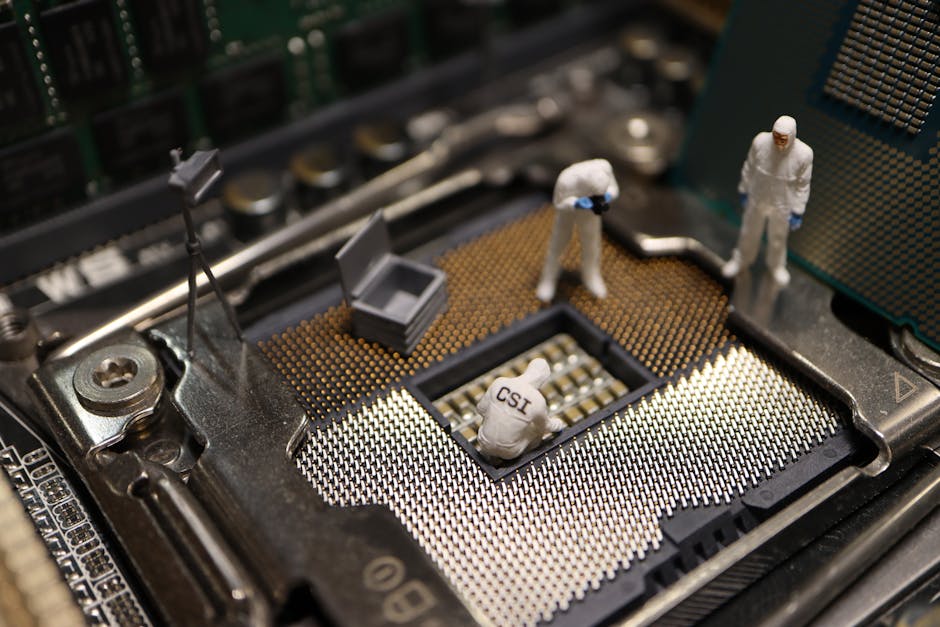Imagine a senior citizen with dementia, struggling to swallow. A speech pathologist recommends thickening her liquids with starch or gum, creating a consistency like honey or apricot nectar. The doctor writes the order, and the patient continues drinking these thickened liquids. Why? To prevent aspiration pneumonia – a dangerous condition where liquids get into the lungs. This seemingly straightforward practice, however, is one of many in medicine that has long been accepted without thorough evidence. Questioning Common Medical Practices like these is not a case of doctors intentionally misleading their patients. It’s a complex issue that often boils down to a reliance on tradition and a lack of robust scientific investigation.
"There are plenty of things we do in medicine that have no evidence,” said Dr. Matthieu Legrand, an anesthesiologist and critical care doctor at the University of California, San Francisco.
[ez-toc]
Thickened Liquids: A Question of Effectiveness
Recent research has shed light on the practice of liquid thickening for dementia patients, revealing that it may not be as beneficial as previously believed.
A Groundbreaking Study: Challenging Conventional Wisdom
A large-scale study published in 2020 by the Feinstein Institutes for Medical Research in Manhasset, New York, analyzed the medical records of nearly 9,000 older patients hospitalized with dementia and swallowing difficulties. The study compared the outcomes of patients who consumed either thickened or thin liquids. The results were startling: there was no significant difference in length of hospital stay, readmissions, or death rates between the two groups. While patients drinking thickened liquids were less likely to need ventilators, they were actually more likely to develop pneumonia or other respiratory problems. This finding throws a wrench into the conventional wisdom surrounding thickened liquids, prompting healthcare providers to re-evaluate their approach to this practice.
The Quality of Life Dilemma
Beyond the potential risks, thickened liquids can significantly impact a patient’s quality of life. Dr. Liron Sinvani, a hospitalist and geriatrician and the study’s senior author, points out that many of these patients are nearing the end of their lives. Forcing them to consume a thick, unappetizing sludge can diminish their enjoyment of food and drink, creating an unnecessary hardship.
Seeking a Balanced Approach
While the study’s findings suggest that thickened liquids may not be the panacea they were once believed to be, it’s not a call for abandoning the practice entirely. There may be specific cases where it’s still appropriate. It’s crucial for healthcare providers to engage in a more individualized approach, carefully assessing each patient’s needs and preferences.
We also Published
- Theorem# Limit of cosθ as θ → 0
As θ → 0, we have cosθ → 1 Proof : When θ = 0, We have, lim(_{θto 0} cos )θ = cos0 = 1\xa0 \xa0{ ∵ cos0 = 1 } Hence, lim(_{θto 0} cos )θ = 1 - Long-Snouted Vine Snake: A Newly Discovered Species in India
Explore the remarkable Ahaetulla longirostris, a recently discovered vine snake species in India, renowned for its elongated snout. Learn about its captivating features, diverse habitat, and the exciting tale of its discovery in Bihar and Meghalaya. - From Kaṇāda to Rutherford: Tracing the Evolution of Atomic Theory
The evolution of atomic theory is a long and winding road that has been travelled by some of the greatest minds in history. It began with the ancient Indians in 600 BC who gave the concept of "Parmanu" to Greeks who first proposed that matter was made up of tiny, indivisible particles. The 19th and 20th centuries saw significant advances in our understanding of atoms.
Discontinuing Blood Pressure Medications Before Surgery
Another common medical practice under scrutiny is the routine discontinuation of certain blood pressure medications before surgery.
Unnecessary Precautions?
Between 25% and 50% of patients undergoing surgery are taking blood pressure medications, primarily ACE inhibitors (like benazepril and lisinopril) and angiotensin II receptor blockers (like candesartan and olmesartan). Many doctors believe that stopping these medications before surgery is crucial to prevent dangerously low blood pressure, potentially leading to complications. However, recent studies have called this practice into question.
A Randomized Trial Sheds Light
A study published in JAMA, involving 2,200 patients undergoing various non-cardiac surgeries, randomized patients into two groups: one group continued taking their blood pressure medications until the day of surgery, while the other group was told to stop taking their medications 48 hours before the surgery. The results were clear: blood pressure during the surgery was more apt to decline in the group continuing their medications. However, there was no difference in complication rates between the two groups. Both groups had similar rates of post-surgery heart attacks, strokes, sepsis, respiratory and kidney complications, intensive care admissions, and deaths. These findings, along with similar results from other international studies, suggest that the routine discontinuation of blood pressure medications before non-cardiac surgery may be unnecessary and potentially harmful.
Cardiac Surgery: A Different Scenario
It is important to note that cardiac surgery presents a different scenario. Patients undergoing cardiac surgery are at a higher risk for complications, and in most hospitals, they are advised to continue their blood pressure medications. For other types of surgery, however, patients should have an open discussion with their doctors about whether it’s truly necessary to discontinue their blood pressure medications.
Spinal Cord Stimulators: A Controversial Treatment for Chronic Pain
The effectiveness of spinal cord stimulators, implanted devices that deliver electrical impulses to reduce chronic pain, remains a subject of considerable debate.
A Complex Landscape
The Food and Drug Administration reported in 2020 that approximately 50,000 spinal cord stimulators were being implanted annually in the United States. This number is likely to have increased since, as doctors seek alternatives to prescription opioids for chronic pain. However, the evidence supporting the efficacy of these devices is not entirely clear.
The Place of the Placebo Effect
Pain doctors often consider a treatment effective if it reduces pain by half in 50% of patients. However, the potent placebo effect can significantly influence these results. Patients who invest heavily in a treatment, such as a surgically implanted device, may be more likely to report pain reduction, even if the device itself has no real effect.
Contradictory Findings: A Cause for Concern
A recent study published in JAMA Neurology analyzed insurance claims data for 7,500 patients suffering from chronic pain, many after failed back surgery. The study found that patients with implanted spinal cord stimulators did not experience lower use of opioids or other pain treatments compared to patients receiving conventional medical management without the device. Furthermore, about one in five patients with spinal cord stimulators had the device removed or required a second surgery to repair or relocate it.
A Complex Argument: Methodology Under Scrutiny
The study's methodology has been criticized by some pain specialists and professional organizations. They argue that relying solely on medication use to assess pain relief is not a precise measure. While acknowledging the limitations of spinal cord stimulation, supporters of the technology point to the rapidly improving technology and the potential for improved functionality and quality of life for some patients, particularly those with nerve pain.
A Call for Caution
Despite the ongoing debate, healthcare providers and patients should proceed with caution when considering spinal cord stimulation. The FDA recommends a stimulation trial for several days, with the generator taped to the body, before proceeding with implantation.
The Importance of Critical Evaluation
The examples discussed above highlight the need for continuous critical evaluation of common medical practices. It’s essential to move beyond tradition and established norms and actively seek robust scientific evidence to support the treatments and procedures we use. This shift towards evidence-based medicine is crucial for ensuring that patients receive the most effective and safe care possible. We must always be willing to question, investigate, and adapt our practices based on the latest scientific findings. As medical technology continues to evolve at a rapid pace, it’s more important than ever to remain vigilant in evaluating the effectiveness of our treatments and procedures. The goal is not to simply reject established practices but to embrace a rigorous, evidence-based approach to medical care, ensuring that patients receive the best possible care.
RESOURCES
- 100+ Important Questions to Ask a Doctor
- Past Medical History: Start by asking the patient if
- (PDF) Questioning in Medicine
- Evidence-Based Practice: Ask a Question - NT Health Libraries
- Questions You Can Ask Your Doctor (for Teens)
- Clinical Questions Raised by Clinicians at the Point of Care
- Medical Tourism: Travel to Another Country for Medical Care
- The question every patient should ask their doctor
- Defining key questions for clinical practice guidelines: a novel ...
- Evidence-Based Practice Tutorial: Asking Clinical Questions
- What is Nursing? Your Questions Answered | ANA








0 Comments